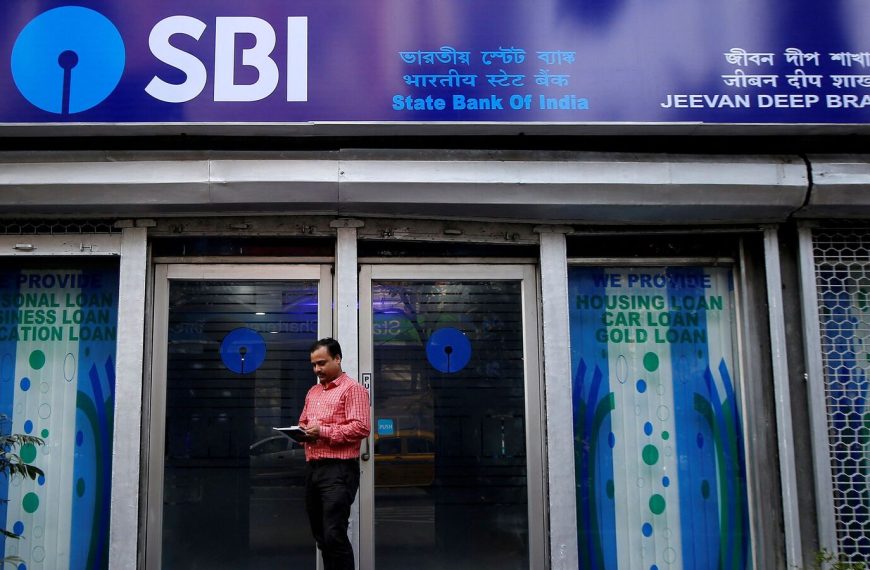International brokerage firm UBS has recently adjusted its outlook on India, elevating its rating to Neutral. However, the firm still favors China over India, citing a more favorable risk-reward profile within the emerging markets (EM) landscape. UBS believes that China provides enhanced defensiveness, more attractive valuations, and potential gains from stimulus measures and domestic capital flows.
UBS’s Neutral Stance on India
UBS’s upgrade reflects several positive indicators for India, particularly:
- A strong domestic focus
- Resilience in earnings per share (EPS) during extreme market conditions
- Beneficial effects from declining oil prices
Moreover, UBS points out that Indian banks are exhibiting a readiness to reduce deposit rates despite sluggish deposit growth. This trend is crucial as it may bolster retail equity investments for an extended period and could signal potential government support for consumer spending.
Why China Remains the Preferred Choice
Despite the positive indicators for India, UBS clearly prefers China within the EM sector due to its superior risk-reward potential. They have refrained from issuing an Overweight rating on India, mainly due to:
- Weak fundamentals in India’s stock market.
- Uncertainties surrounding whether the government will refocus on growth and investment soon.
- Elevated valuation levels in India compared to historical norms.
UBS also expresses caution regarding India’s position in evolving supply chains, suggesting it’s too early to declare India a clear beneficiary of these shifts. Trade negotiations, particularly concerning agriculture and retail, are areas to watch closely.
Tactical Portfolio Adjustments
In light of current market dynamics, UBS is recalibrating its investment strategy. They are tactically shifting towards domestic and defensive sectors, raising their rating on Indonesia to Overweight while maintaining India at Neutral. This strategic realignment aligns with their focus on sectors that possess strong fundamentals amidst ongoing trade uncertainties.
UBS emphasizes characteristics that define their preferred markets, including:
- EPS resilience amid GDP slowdowns.
- A domestic focus with minimal exposure to US markets.
- Defensive qualities, prioritizing stability in EPS trends over dividend yields.
- Beneficial impacts from lower oil prices.
Strategic Sector Focus
UBS adopts a bullish bottom-up perspective, advocating for investments in sectors that historically endure economic downturns with minimal earnings declines. Key sectors include:
- Consumer staples
- IT services
- Retail
- Banking
- Utilities
Recent market activity has highlighted the banking and IT sectors as particularly attractive.
Outlook for Emerging Market Equities
The UBS global strategy team anticipates an improved outlook for EM equities compared to their US counterparts, especially under a scenario without tariffs. With over 35% of the MSCI EM index reliant on exports, the potential impact of tariffs remains a significant concern. UBS projects a 15% compound annual growth rate for EPS over the next two years, compared to 11% over the past three years. They note that EM valuations are often sensitive to fluctuations in US high-yield corporate bond spreads, with historical data indicating that a 100 basis point increase can lead to a 1.4x decrease in price-to-earnings ratios.
By focusing on these key elements, UBS aims to navigate the complexities of today’s market conditions while identifying opportunities for growth in emerging markets.











